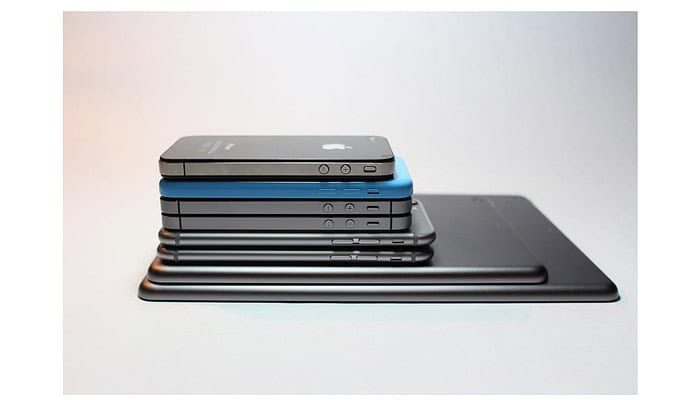People buy used iPhones for cost-effectiveness, access to discontinued models, and to minimize environmental impact by extending the lifespan of electronic devices. It offers a practical and affordable solution to enjoy the benefits of an iPhone without paying full retail price.
If you’re considering purchasing a used iPhone, you’re making a smart decision to save money while still enjoying the benefits of owning an Apple device.
However, it’s crucial to approach the buying process with caution to ensure you’re getting a reliable and satisfactory device. In this blog post, we’ll highlight the essential things to check when buying a used iPhone.
Essential Tips for Buying a Used iPhone
Research the Seller:
Before proceeding with any transaction, it’s essential to research the seller’s reputation. If you’re buying from an online marketplace or classifieds website, check the seller’s ratings, reviews, and feedback from previous buyers. Ensure that the seller has a positive track record and a history of successful transactions.
Verify the iPhone’s Condition:
When buying a used iPhone, carefully inspect its physical condition. Check for any visible damage such as scratches, dents, or cracks on the screen, back panel, or buttons.
Turn on the device and assess the touchscreen responsiveness, volume buttons, mute switch, charging port, and headphone jack. If possible, test the device with headphones and speakers to ensure the audio is clear and undistorted.
Check for Water Damage:
Water damage can significantly impact an iPhone’s functionality. Look for signs of water damage, such as a red liquid contact indicator (located in the SIM card slot). Additionally, inspect the headphone jack and charging port for any corrosion or residue, as these can be indications of water exposure.
Battery Health:
Battery life is a crucial factor to consider when purchasing a used iPhone. Ask the seller about the battery’s health percentage, which you can find in the device’s settings.
Ideally, aim for a battery health percentage above 85%. A lower percentage may require you to replace the battery sooner, reducing the device’s overall value.
Activation Lock:
Check if the device has an activation lock enabled. Activation lock is a security feature that prevents unauthorized use of the device, so make sure the seller has removed their iCloud account from the iPhone before purchase.
Check IMEI/Serial Number:
Always verify the iPhone’s IMEI (International Mobile Equipment Identity) or serial number to ensure it’s not reported as lost, stolen, or involved in any fraudulent activities. You can do this by visiting websites like imei24.com or apple.com/support/iphone/verify.
Software and System Functionality:
Check if the iPhone’s software is up-to-date and compatible with your requirements. Verify that the device is not jailbroken or running any unauthorized software modifications. Test basic functions like Wi-Fi connectivity, cellular network reception, camera performance, touchscreen accuracy, and speaker/microphone functionality.
Storage Capacity and iCloud Lock:
Confirm the advertised storage capacity of the iPhone matches the actual storage when inspected. Connect the device to a computer and ensure you can access and manage files without any issues. Additionally, check for an iCloud lock by attempting to sign in with your Apple ID. An iCloud-locked device can be challenging to use or activate.
If you are on a limited budget, you can checkout iPhone prices in Nigeria UK Used. UK used iPhones are popular in Nigeria due to their affordable prices. Many consumers find them to be a cost-effective option for owning an iPhone without paying the full retail price.
Conclusion:
Buying a used iPhone can be a cost-effective way to own an Apple device while saving money. However, it’s crucial to exercise caution and thoroughly inspect the device before finalizing the purchase. By following the tips mentioned in this guide, you can ensure that you make an informed decision and end up with a reliable and satisfactory used iPhone that meets your needs.







